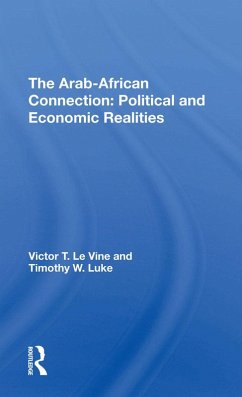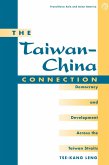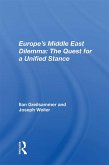Between June 1967 and the end of 1973, most independent Black African states abandoned their neutral position in the Middle East conflict, cut their ties with Israel, and gave full support to the political aims of the Arab states. Since the beginning of 1974, however, and despite attempts by the Arabs to shield their new allies from the adverse effects of the 1973-74 world oil and economic crises, the alliance has begun to fragment as the African states become transformed from partners to clients and dependents of the Arabs. This study examines the roots of the African conversion, the nature of the evolving relationship between the African and Arab states, and the reasons-economic and political-for the transformation of the alliance. Basic to that transformation, the authors argue, is a fundamental change in the international status and power of the Arab states, a change that has led them to cast their lot with the industrialized "First World" rather than with the poorer, less developed countries.
Dieser Download kann aus rechtlichen Gründen nur mit Rechnungsadresse in A, B, BG, CY, CZ, D, DK, EW, E, FIN, F, GR, HR, H, IRL, I, LT, L, LR, M, NL, PL, P, R, S, SLO, SK ausgeliefert werden.









